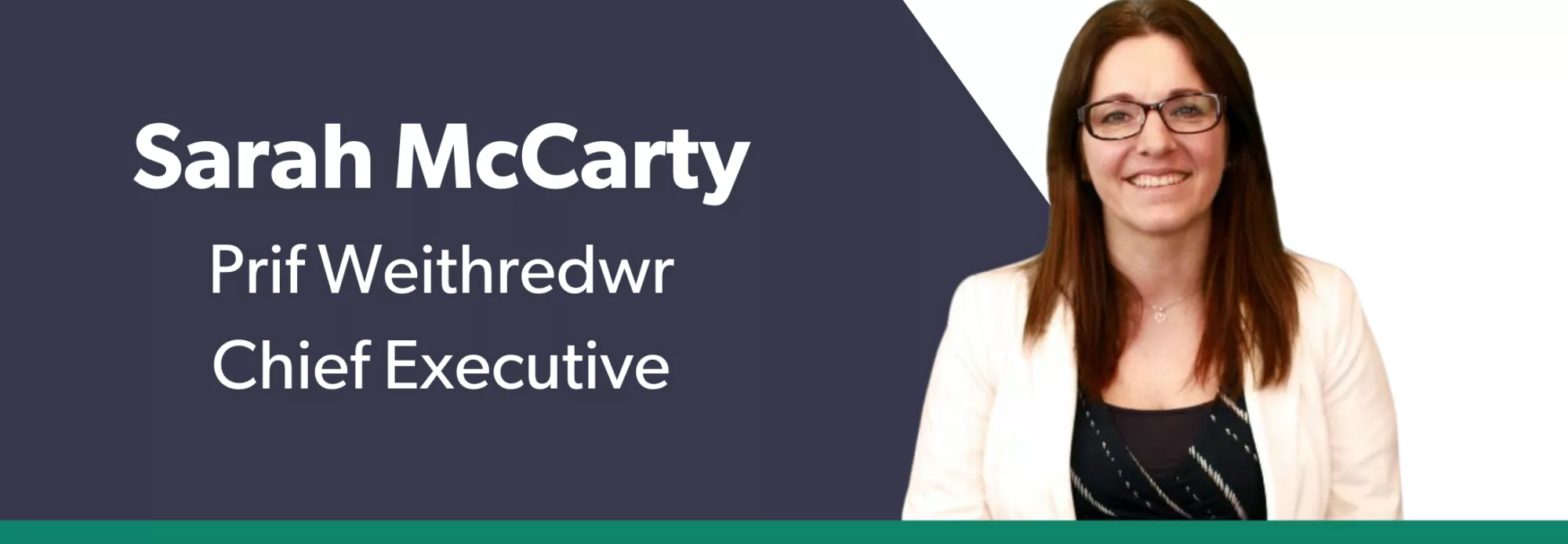I was interested to read the findings of the Chief Inspector’s recent annual report about the standards of care and support in Wales, which was published by Care Inspectorate Wales earlier this month.
I very much welcomed the findings of the report, where the Chief Inspector revealed that “most care in Wales is good care, with nearly three-quarters of care homes and domiciliary support services receiving ‘good’ or ‘excellent’ ratings last year”.
The report showed that 74 per cent of care home and domiciliary support services in Wales were rated ‘excellent’ or ‘good’ in 2023 to 2024, and that 77 per cent of childcare and play settings were rated ‘good’ or ‘excellent’. We will continue to work with national partners including the Inspectorate to support more services to improve.
The findings confirmed what we already know – that in the main we have a workforce that’s committed and dedicated to providing high quality care and support to the most vulnerable people in our communities right across Wales.
You may not be aware, but we publish a set of standards of behaviour that care workers have to follow to work in the care sector in Wales.
Called the codes of professional practice, they’re essentially a set of rules care workers in Wales must follow to make sure the people they care for are safe and well.
The rules include making sure care workers:
- help the people they care for say and achieve what’s important to them
- respect people’s dignity, privacy, preferences, culture, language, rights, beliefs, views and wishes
- support people to stay safe
- are honest, trustworthy and reliable
- are qualified to do their job properly.
We have two codes of practice – one for social care workers and one for social care employers.
We’re currently making changes to our codes of practice because they were last updated in 2017, and since then the number of care workers we register has grown from 11,000 to more than 60,000 people.
Last year, we spoke to more than 300 people who work in care in Wales to find out what they think about our codes of practice.
They told us they wanted us to make them shorter and simpler, so our care workers could better understand what they’re expected to do, and individuals using care and support and their families can know what to expect from care workers.
So that’s what we’ve done. We haven’t made any changes to the way we expect care workers to act, we’ve just changed the way the codes of practice are written to make them shorter, simpler and clearer.
We’re now asking people who work in the sector, our partners, people receiving care and support, unpaid carers, the public and anyone else who’s interested to tell us what they think about our changes to the codes of practice.
We’re keen to hear from as many different voices as possible, so please take a look at the draft codes of practice and let us know what you think.
You can share your views by visiting our website at: socialcare.wales/consultations/changes-codes-of-professional-practice
You have until 17 December to have your say.
